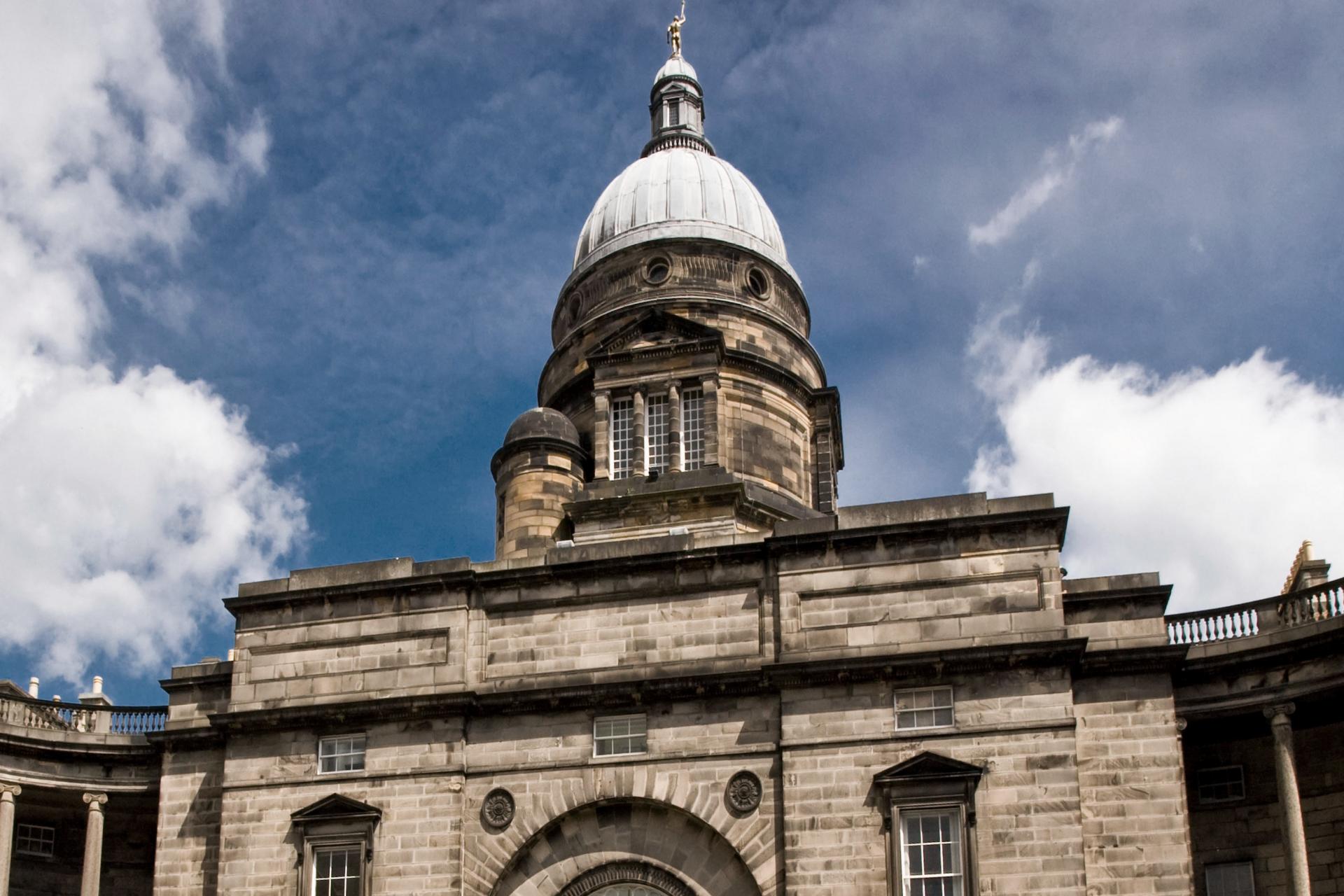Blog: Thoughts on ‘Things Done in the Dark and in the Middle of the Night’: Nehru, Kashmir, and the Subterfuges of Building Constitutional Democracy’
Tue 6 November 2018

By Rohan Bannerji
The inaugural Arthur Berriedale Keith Lecture was nothing short of a privilege to attend. Professor Khilnani’s insight into the role played by Nehru in the undermining of the principles that he himself sought to enshrine into India’s collective consciousness, was completely novel to me- to the extent that it made me question the assumptions that I entered the lecture with.
The first of them, was the assumption that I knew all that there was to know about India’s first Prime Minister – particularly the fact that his ideas of tolerance and diversity were brought back with him from his studies in the United Kingdom. Professor Khilnani spoke of the leaders and states that Nehru sought to emulate when envisioning his idea of India, and compared them with his contemporaries. While Subhas Chandra Bose looked to imperial Japan as an example of how India should be, Sardar Vallabhai Patel at Bismarck’s Germany, and BR Ambedkar at the United States, Nehru looked internally – at Akbar, one of India’s Mughal Emperors. He looked at how Akbar had sought to amalgamate India’s ethnicities and religious groups into a syncretic blend that created a unified cultural identity, which accommodated for diversity within it.
I was always under the impression that Nehru, was someone who did his utmost to ensure that the constitutional values of India’s democracy were upheld. In the words of Professor Khilnani, in 1953, when he imprisoned Sheikh Abdullah, the undisputed voice of the Kashmiri people without charge after it emerged that their ideas of India (one accommodating for India’s diversity, the other seeing no place in it) had divulged from one another, he ‘stamped on the ink of the Indian Constitution.’ He did so by carrying out a campaign of political skullduggery, which made it clear that his guiding force was not serving his constituents – the people who, following Abdullah’s arrest, began to feel disenfranchised. Rather, his actions can be viewed as the first in a long line that led to the people of Kashmir feeling as though they had no place in India, due to Nehru’s own undermining of its civic values. Professor Khilnani’s words left an impact on what had long been an idolization of a leader that I had considered a democratic hero – I guess the saying that you should never meet your heroes (or watch lectures by academics about them) holds true.